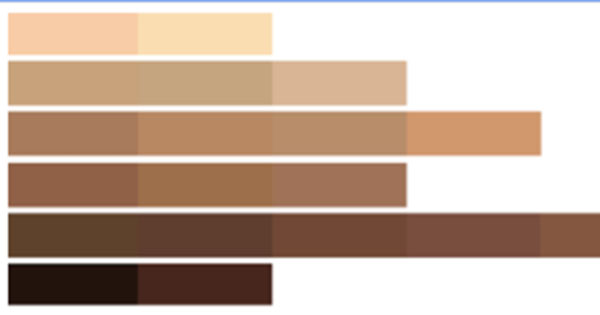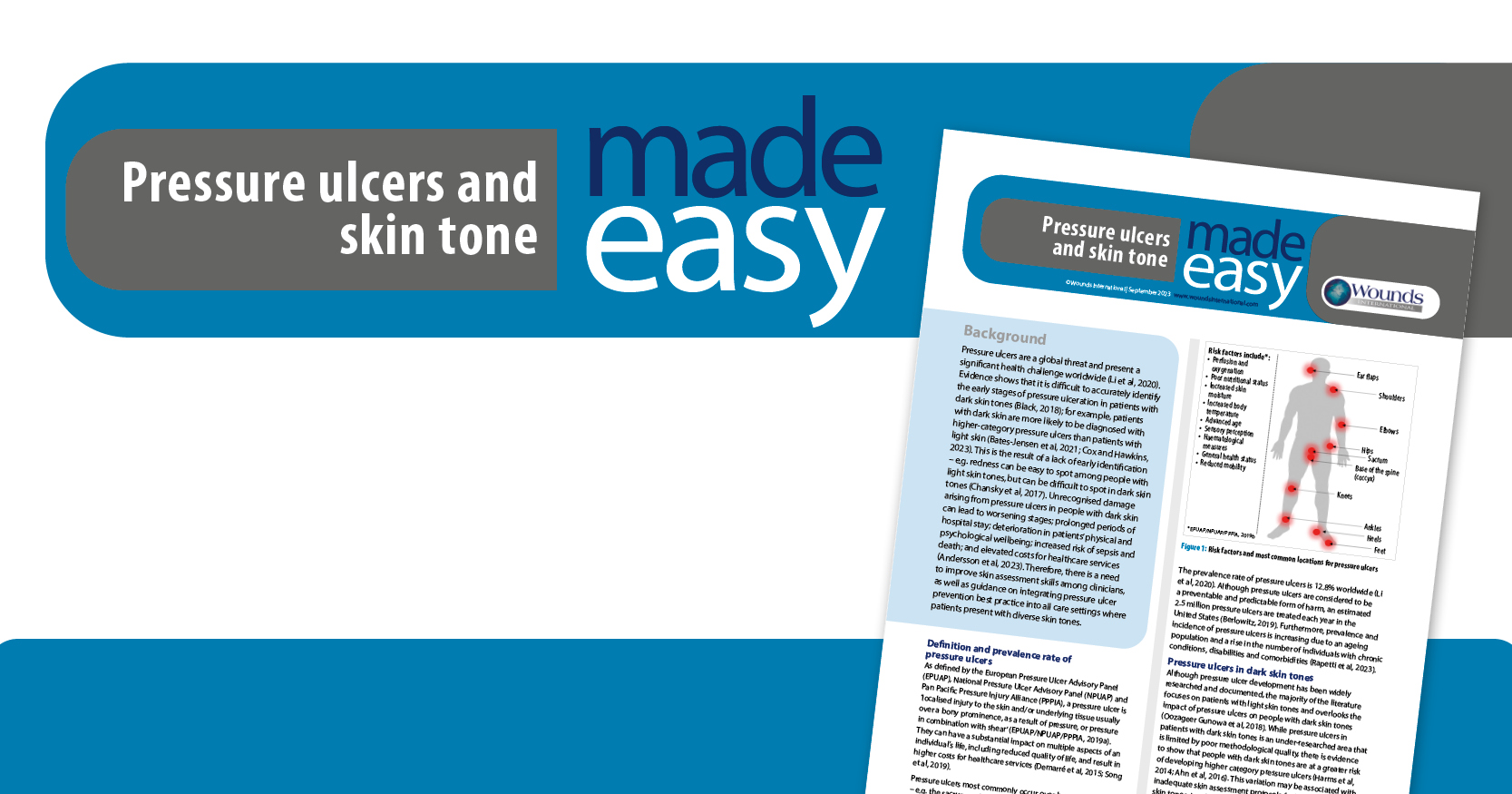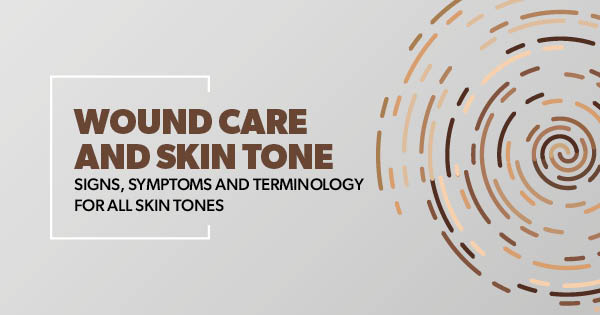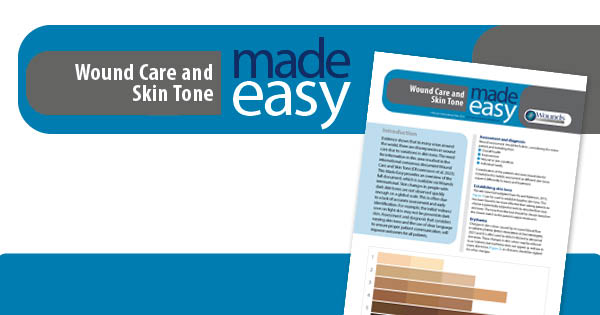Background: Lymphoedema is an often-neglected symptom of advanced malignancy. Subcutaneous needle drainage is a procedure that drains the fluid externally in refractory lymphoedema. It has the potential to improve quality of life but little objective data exist about its efficacy or adverse outcomes. This study used validated tools to objectively assess subcutaneous lymphoedema drainage. Methods: The drainage procedure followed a prescriptive protocol. A lymphoedema quality-of-life questionnaire was completed before the procedure, immediately following the procedure and approximately 2 weeks later. Results: Sixteen patients were assessed as suitable for the procedure. The average length of drainage was 5.4 days (1–10 days) with volumes drained ranging from 102 ml to 15.2 L. Within 1 week both function (3.3 versus 2.7, p<0.05) and appearance (2.9 versus 2.7, p<0.05) improved, with a sustained effect at 2 weeks post-procedure. Adverse events did occur, with 19% developing cellulitis. Conclusion: Subcutaneous needle drainage of the lower limb is a potential treatment for patients with refractory symptoms. It appears to be effective for patients in the areas of function and appearance. Overall quality of life trended towards improvement but the improvement was not statistically significant.




